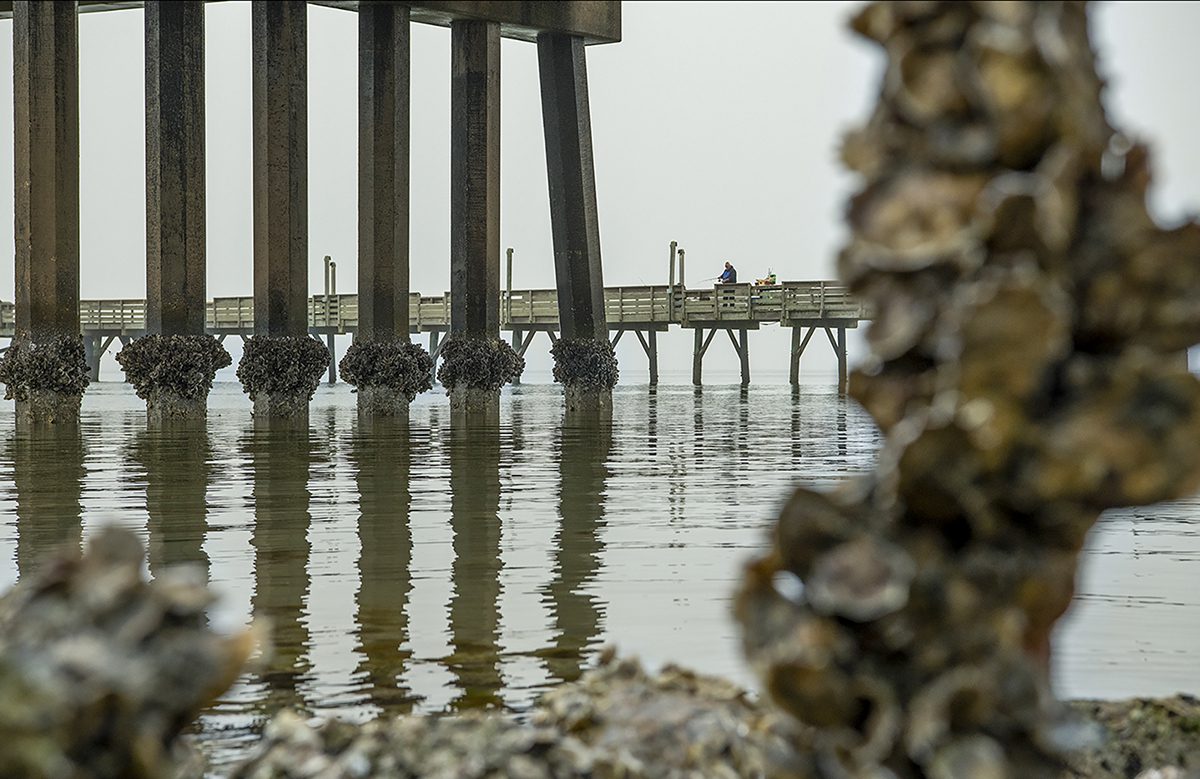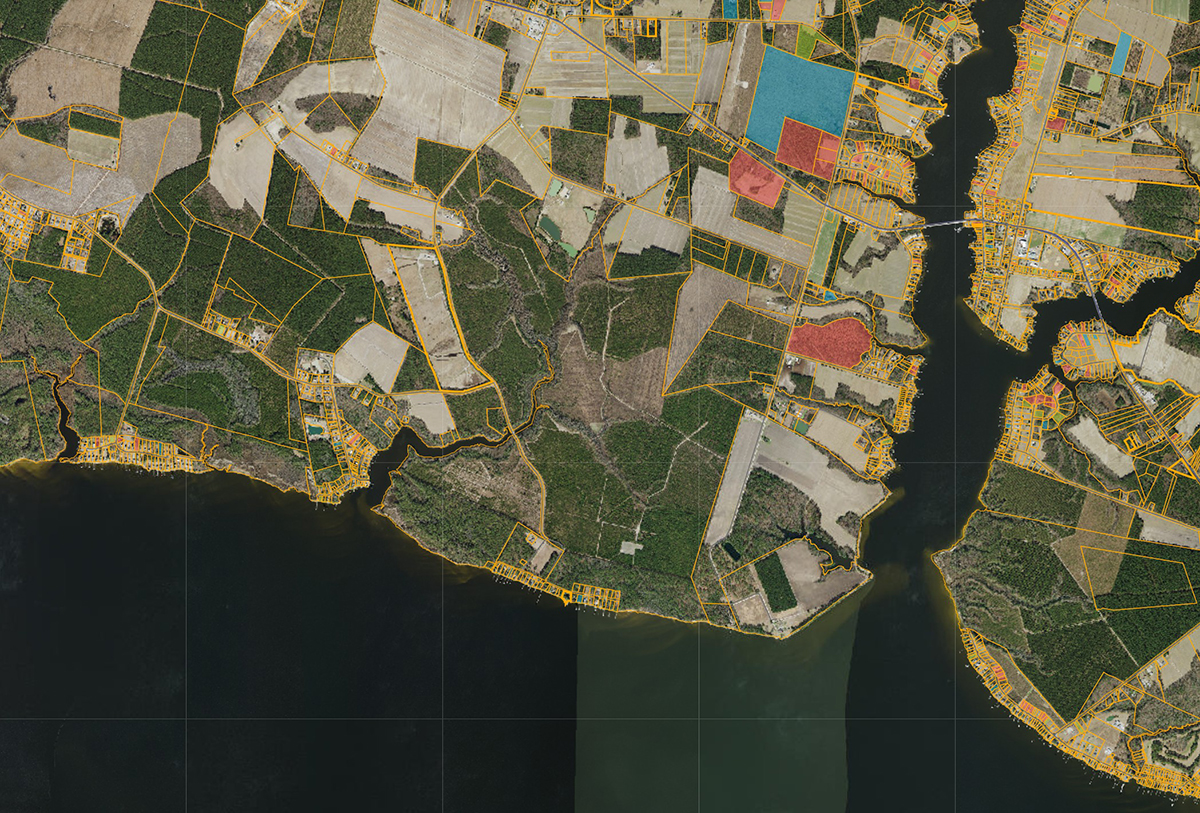
Coastal recreational and commercial fishermen will have to report certain fish harvests under a new North Carolina law that takes effect later this year.
Preliminary details are scant as to how the two state agencies tasked with overseeing the reporting requirements will implement the program, one that is slated to be discussed during a combined virtual public hearing next week.
Supporter Spotlight
The N.C. Marine Fisheries and N.C. Wildlife Resources commissions have opened a public comment period ending May 20 on the temporary rules, which were established under the North Carolina General Assembly’s Regulatory Reform Act of 2023.
The mandatory harvest reporting requirements were tucked into the controversial law, one environmental advocates referred to as a “pro-polluter” bill for cutting favors to industries that control hog and poultry farming, discharge per- and polyfluoroalkyl substances, or PFAS, and build fracked gas pipelines.
Gov. Roy Cooper vetoed the bill last October, but legislators overrode that veto, setting into motion this requirement that was not sought out by the regulatory agencies and that must now enforce it.
“We do recognize that there are data gaps, particularly in the area of recreational fishing and we do have hopes that this is something that may take a while, but that can be built into a system that can fill those data gaps,” said Patricia Smith, N.C. Division of Marine Fisheries public affairs officer.
Under the law, recreational fishermen must report harvests of red drum, flounder, spotted seatrout (speckled trout), striped bass and weakfish (gray trout), to the division. Reports will most likely have to be submitted electronically through a smartphone app or computer.
Supporter Spotlight
Commercial fishers will have to report all fish harvested, including catch that is not sold to a dealer. This means commercial fishermen will have to include fish caught and used for bait, and fish caught and kept for personal consumption.
Commercial fishermen record the catch they sell to dealers on trip-ticket forms. The dealers then submit those forms each month to the state fisheries division.
The Division of Marine Fisheries uses the data gathered from the trip tickets as a means to help manage fisheries resources.
Doug Todd, a member of the North Carolina Fisheries Association’s Board of Directors and part-time commercial fisherman, has been including all of the harvest he keeps for the past few years.
“If I get 5 pounds of fish I record 5 pounds of fish just so there’s a record of what’s being caught,” Todd said. “That just gives a better record of what’s being caught and used out of the ocean and around the waterways. There’s no true numbers on what’s being caught in the recreational zone. It’s at least a start to try to get some more accurate data.”
Smith said that commercial fishermen will not be required to obtain a dealer’s license to comply with the new harvest reporting mandate.
“We’re still working on a lot of details,” she said. “We’re just trying to get the word out now because this requires some temporary rules.”
The law does not require fishermen to report their discarded catch, or fish that are caught and released, information some argue would help provide a more complete picture of the impacts to species through recreational fishing.
Tom Roller, a member of the state Marine Fisheries Commission and owner of WaterDog Guide Service in Beaufort, said that while the new law may seem like a burden in the short term, the hope is that the new reporting requirements will help produce better data.
“It’s very clear that we need better data,” he said. “Recreational fishermen want better data. Commercial fishermen want better data. It’s very important that we find new ways to address some of our data deficiencies. The question is whether or not this is the better way to do it.”
Enforcement of the new law will be phased in over the next three years.
Fishermen must report their harvest beginning Dec. 1, after which time anyone found in violation of the law will receive a verbal warning.
The division’s Marine Patrol and the Wildlife Resources Commission’s law enforcement division will start issuing warning tickets to violators of the new law Dec. 1, 2025. One year after that, violators will incur a $35 fine and face suspension of their fishing licenses and permits.
While the system the state will use to collect harvest reports is being funded through a one-time, $5 million allocation, there is not funding at present to pay for additional enforcement staff in either of the state agencies.
Combined, those agencies have a little more than 100 enforcement personnel, forces stretched thin by a coverage area that includes more than 300 miles of ocean shoreline, nearly two dozen inlets and thousands of estuarine coastlines, including bays, sounds and wetlands.
The agencies will host the virtual public hearing at 6 p.m. Wednesday, May 1. Pre-register for the public hearing online. Pre-registration is required. To join by phone call 833-568-8864. The webinar ID is 160 805 6277.
Comments on the Marine Fisheries Commission rules may be submitted through an online form or by mail to:
N.C. Marine Fisheries Commission
Rules Comments
P.O. Box 769
Morehead City, NC 28557
Comments on the Wildlife Resources Commission rule may be submitted through an online form, emailing regulations@ncwildlife.org (include name, county and state or residence) or by mailing:
Rulemaking Coordinator
N.C. Wildlife Resources Commission
1701 Mail Service Center
Raleigh, NC 27699-1700
The public comment period on the temporary rules closes at 5 p.m. May 20.







